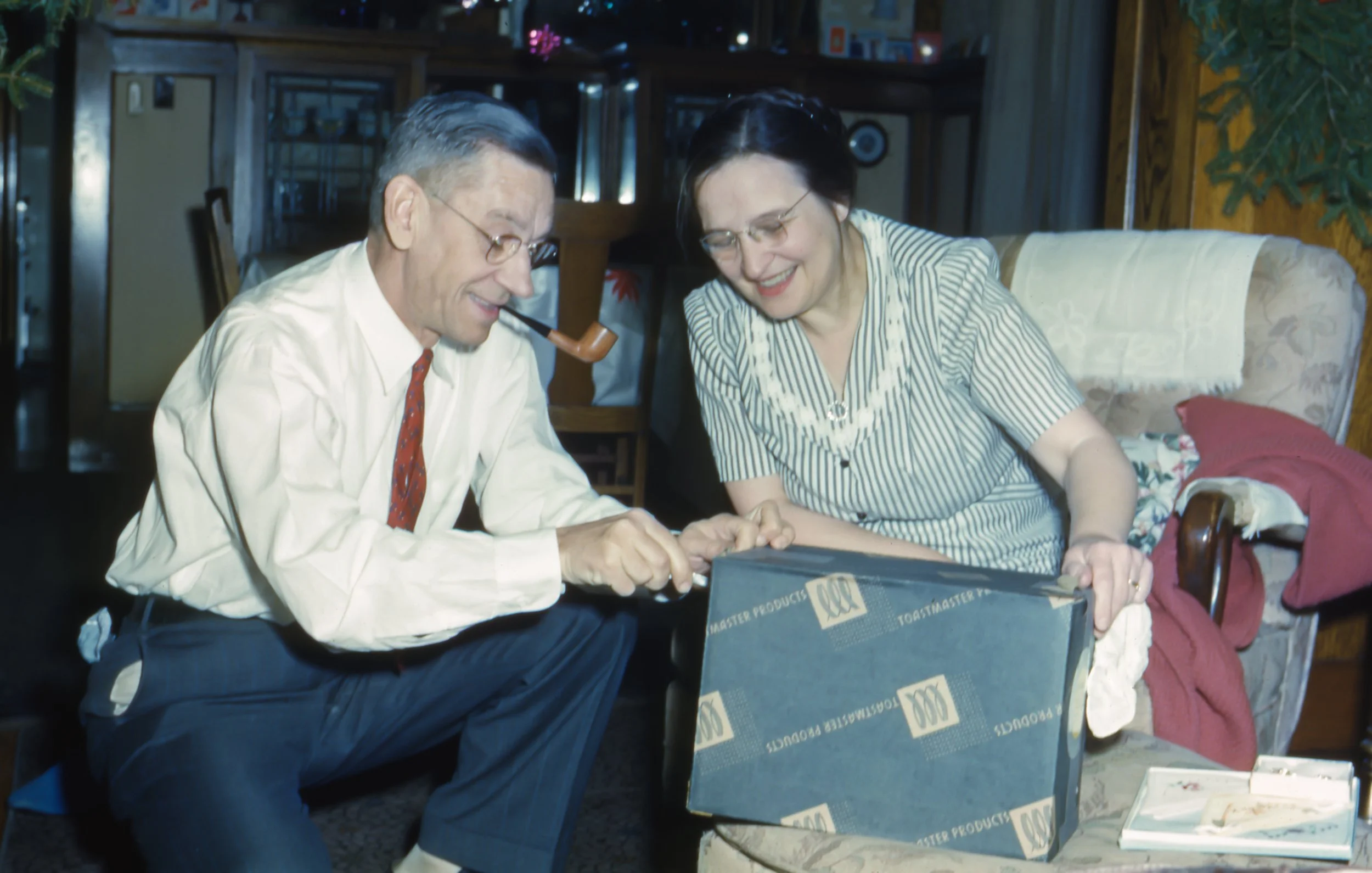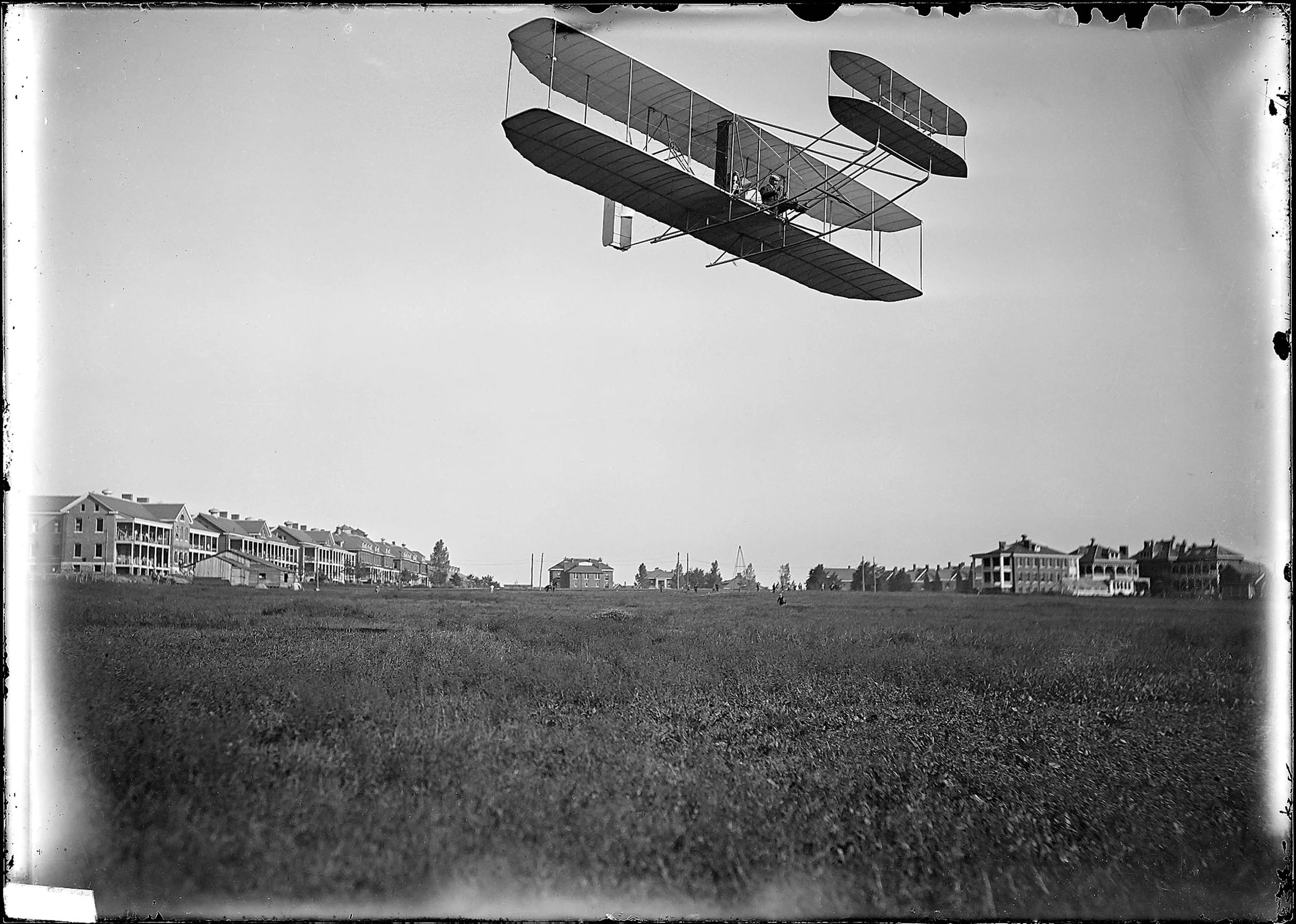Life Story Links: June 30, 2020
“To acknowledge our ancestors means we are aware that we did not make ourselves…We remember them because it is an easy thing to forget: that we are not the first to suffer, rebel, fight, love, and die.”
—Alice Walker
Vintage postcard of a beach scene of the past (social distancing was clearly not SOP of the day!). “Beach Scene Along Woodland Beach, Staten Island, N.Y.” Courtesy Irma and Paul Milstein Division of United States History, Local History and Genealogy, The New York Public Library.
Our Lives, Our Stories
WHAT TESTIMONY CARRIES
“There were these families around the world where my grandmother’s survival had essentially become folklore in their families, the way that her survival had become folklore in my life,” says Rachael Cerrotti, co-producer of the arresting podcast We Share the Same Sky, in this exploration of “The Power of Testimony in a Digital Age” from USC Shoah Foundation.
OUT OF THE CLOSET
Hey memories—come out, come out, wherever you are! Last week I wrote about how to use family photos, heirlooms, and the "stuff" of your past to elicit memories and chronicle the stories of your life.
GENEALOGICAL TREASURE TROVE
“A funeral is, among many highly emotional things, an opportunity to consecrate someone’s life as historical fact, and to commit that truth to the public record.” A new archive digitizes more than a century of Black American funeral programs, including lives lived from before the Civil War to today.
“INDEPENDENT LIVING”
“On March 15, the assisted living facility where my mother lives went into lockdown to attempt to prevent the spread of Covid-19,” writes personal historian Sarah White, who describes herself as a member of a cohort of daughters who are lifelines to the world for these elders. “For nearly everyone, that lifeline was severed that day in March. I am still allowed in: What I see is breaking my heart.”
THE FUTURE OF FAMILY HISTORY
From an article in the latest issue of the New York Researcher: “A fundamental shift from collecting names and dates to gathering stories over the past decade appears to be here to stay…” Indeed.
In Letters
THE AGE OF PROPER CORRESPONDENCE
“Each day when the mail carrier arrives, I find myself longing for a surprise letter—a big, juicy one,” Dwight Garner writes. “I do trade big, juicy emails with some people in my life, but receiving them isn’t quite the same as slitting open a letter, taking it to a big chair and settling in for the 20 minutes it takes to devour it.”
“I THOUGHT I KNEW THEM”
How much does anyone ever know about the experiences that shaped our parents? As Nancy Barnes rummages through letters her parents wrote to one another in the earliest years of their courtship, she ponders this. “My mother’s handwriting is bold and loopy, almost wild—quite unlike the neat orderly hand I knew all my life.”
AN ENCHANTING ENCOUNTER
“Sometimes I take out your letters & verses, dear friend, and...rejoice in the rare sparkles of light,” Thomas Wentworth Higginson wrote to Emily Dickinson. This book excerpt captures their first face-to-face meeting after eight years of letter writing.
...and a Few More Links
Australian storytelling project helps participants re-imagine their past and invent new ways to see their stories.
Personal Historians NW group has recorded an estimated 500 “slices of life” among them.
Short Takes










